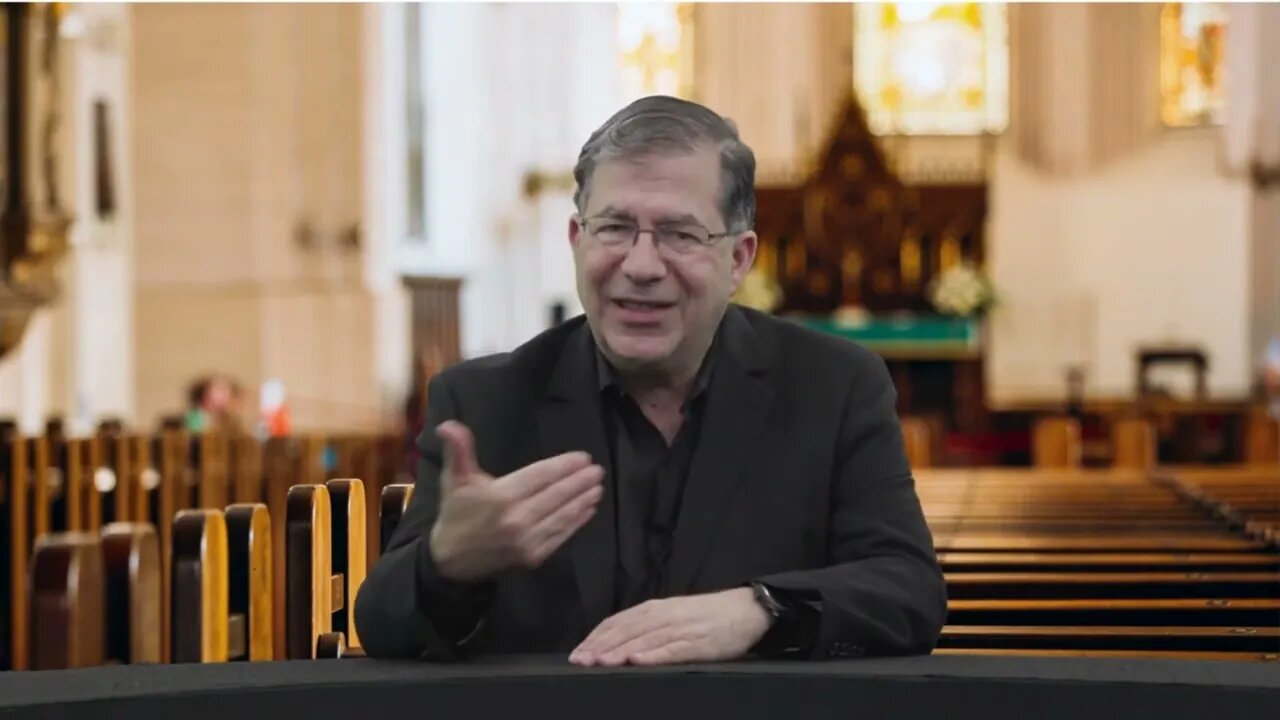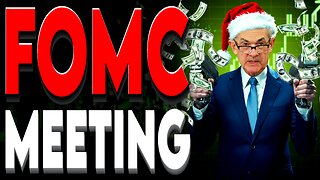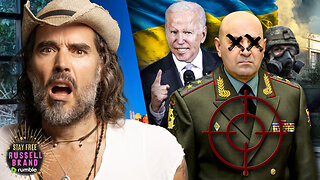Premium Only Content

Preaching on abortion, 26th Sunday, Year A, Pro-Life Leader Frank Pavone of Priests for Life
Frank Pavone, National Director of Priests for Life, reflects on the Sunday readings for the 26th Sunday in Ordinary Time, Year A and their message about abortion.
For more information about what the Sunday readings, and the whole Bible, say about abortion, and for resources for your Church, see https://www.ProLifePreaching.org. You can order there the book “Proclaiming the Message of Life,” which contains these reflections for all the Sunday readings in the lectionary.
Ez 18:25-28
Phil 2:1-11 or 2:1-5
Mt 21:28-32
People, indeed, can convert. God himself asks us to believe that through today’s readings. The son who first said no can later say yes (Gospel); the wicked one can turn from his wickedness and still find life (First reading). This proves true in the pro-life effort; in fact, the flow of conversions is in the direction of life, not death. Norma McCorvey, the former “Jane Roe” and plaintiff (and winner) of the Supreme Court’s 1973 Roe v. Wade decision legalizing abortion, became a pro-life Catholic and worked for the rest of her life to end abortion. The same is true of Dr. Bernard Nathanson, one of the chief engineers of the abortion rights movement. And there are so many others that an international society of ex-abortionists has been formed, called the “Society of Centurions.”
But even more common is the testimony “I Regret My Abortion” from the women of the Silent No More Awareness Campaign, the largest mobilization in history of those who have had abortions and now speak out against it. “I Regret Lost Fatherhood” is the message that the men of the campaign offer, as they grieve the children they lost to abortion. The Church is called by today’s readings to welcome these individuals back, and to learn from their experience.
The longer form of the second reading suggests the pro-life theme that we shared for the Feast of the Exaltation of the Cross (September 14), and we repeat that reflection below.
“Pro-choice” is an exaltation of self; the cross is the denial of self. “Pro-choice” is the assertion of oneself; the cross is the emptying of oneself. “Pro-choice” says we can lift ourselves up; the cross says that we are obedient and that God lifts us up.
The war between the culture of life and the culture of death did not begin after Roe v. Wade, although it did enter a new chapter at that point. It is a cosmic struggle, with its origins at the dawn of human history and, in fact, in the history of the angels. In Revelation 12:7 we read, "War broke out in heaven." War is a terrible thing on earth. What must it mean that war broke out in heaven? This war involved some angels who rebelled against God and became devils. What was it that caused an angel to become a devil? What was the Devil's mistake?
In Isaiah 14, we read a rebuke to the King of Babylon. The passage also has a deeper spiritual meaning and is a glimpse into the thinking of the evil one. It reads, "How you have fallen from the heavens, Oh Lucifer! ... You said in your heart: 'I will scale the heavens; above the stars of God I will set up my throne ... I will ascend above the tops of the clouds; I will be like the Most High!"' (Is. 14:12-14).
There is the Devil's mistake. He thought that he could be God! This is why the angels who fought him in heaven were led by one named Michael, which means, "Who is like God?"
Michael and his angels won, but the war did not end there. Satan and his legion "were cast down to the earth" (Rev. 12:9), and our troubles began.
The solution to the thinking of the evil one is the thinking of the Holy One. As Isaiah lifted the veil to show us the mind of Lucifer, so St. Paul in today’s second reading lifts the veil to show us the mind of Christ: "Though he was in the form of God, Jesus did not deem equality with God something to be grasped at. Rather he emptied himself, taking the form of a slave. It was thus that he humbled himself, obediently accepting even death, death on a cross. Therefore God highly exalted him" (Phil. 2:6-9).
This attitude, which St. Paul says must be ours, counteracts the attitude that we exalt ourselves by our own choices. Rather, our exaltation, our freedom, and our fulfillment come from a humble acceptance of and obedience to a truth that we did not create. The tree of the knowledge of good and evil marks the limit of our choices. True freedom is the power to choose what is right, and to love as Christ did, by embracing the cross and giving ourselves away for the good of the other person.
-
 36:39
36:39
Fr. Frank Pavone
29 days agoTrump's Election: What's Next? Appointments, obstacles, prayer needs.
89 -
 LIVE
LIVE
Scammer Payback
3 hours agoCalling Scammer Live
239 watching -
 1:21:25
1:21:25
Mally_Mouse
6 hours agoLet's Yap About It - LIVE!
45K7 -
 5:35
5:35
Cooking with Gruel
22 hours agoMaking Fresh Salted Caramel
40.3K6 -
 16:16
16:16
DeVory Darkins
19 hours ago $8.22 earnedMedia Panics after Trump Threatens to Sue Media for Defamation
46.2K101 -
 2:15:34
2:15:34
Matt Kohrs
6 hours agoFed Powell Speech & FOMC Rate Decision
32.9K4 -
 LIVE
LIVE
StoneMountain64
5 hours agoThe MOST hyped game of the YEAR
195 watching -
 1:50:12
1:50:12
The Quartering
20 hours agoTim Pool SELLS TO DAILY WIRE? Never Eat Hot Dogs Again, Drones & More
93.6K31 -
 1:17:48
1:17:48
Tucker Carlson
6 hours agoTom Homan’s Plan to Destroy the Cartel Empire, End Child Trafficking, and Secure the Border for Good
141K230 -
 1:06:28
1:06:28
Russell Brand
7 hours agoWho Ordered the Hit on Russia’s General Krylov? - SF516
153K276